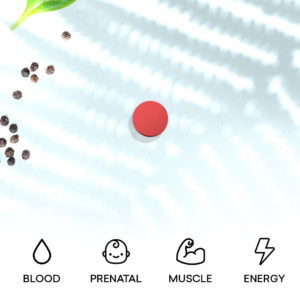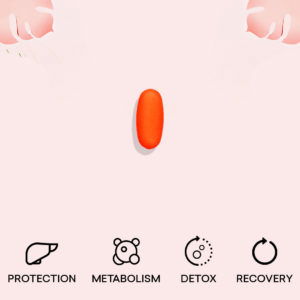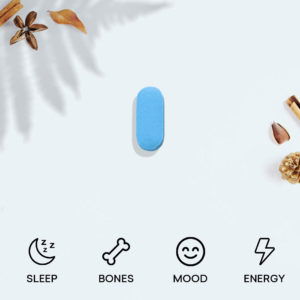Amino acids are the building blocks of protein. When proteins are digested, amino acids are left. The body uses amino acids to make proteins to simply help the human body grow, break down food and repair body tissue. Amino acids may also be used as a supply of energy by the body.
Out of a group of 20 amino acids, only 9 are considered essential.
There are 3 groups amino acids can be divided in. Those include:
ESSENTIAL AMINO ACIDS
Essential proteins can’t be created by the body. As a result, they need to come from food.The 9 essential proteins are: histidine, isoleucine, leucine, lysine, methionine, phenylalanine, threonine, tryptophan, and valine.
NONESSENTIAL AMINO ACIDS
Nonessential means that our anatomical bodies produce those amino acids, even when we don’t obtain them from the food we eat. Nonessential amino acids include: alanine, arginine, asparagine, aspartic acid, cysteine, glutamic acid, glutamine, glycine, proline, serine, and tyrosine.
CONDITIONAL AMINO ACIDS
Conditional amino acids are not essential, except in times of illness and stress. Arginine, cysteine, glutamine, tyrosine, glycine, ornithine, proline, and serine are all conditional amino acids.
Amino acids are important to reduce fatigue, muscle damage, or soreness during or after exercise. They also support immunity, promote muscle building and provide a source of energy during prolonged exercise.
Amino acids have four calories per gram. This is actually the same number of calories as glucose, an element of sugar.
However, for amino acids as supplements, only small amounts of amino acids are consumed. So they’re reduced in calories, and you are very unlikely to gain weight from them.
Three of the nine essential amino acids—leucine, isoleucine and valine—are composed of 35 percent of our muscle protein. These three key components are branched-chain amino acids (BCAAs) and they’re especially important. BCAAs are important amino acids which are element of muscle protein. They help to preserve muscle glycogen stores and reduce the total amount of protein breakdown.
BCAA is a subset of the 9 essential amino acids which form a major part of the muscle protein. Three out of nine essential amino acids, namely leucine, isoleucine and valine, constitute branched chain amino acids (BCAA).
Yes. Amino acids are nutrients that make up proteins. Amino acids are widely consumed in regular foods. There are no risks associated with taking amino acids. But if you suffer from severe kidney dysfunction, and phenylketonuria, you may need to restrict your amino acid intake.
Amino acids deficiency can harm normal growth, muscle strength, skin and hair texture.
Yes. Skin and hair have a natural moisturising factor to prevent them from drying out and half of this natural moisturising factor comes from amino acids.












